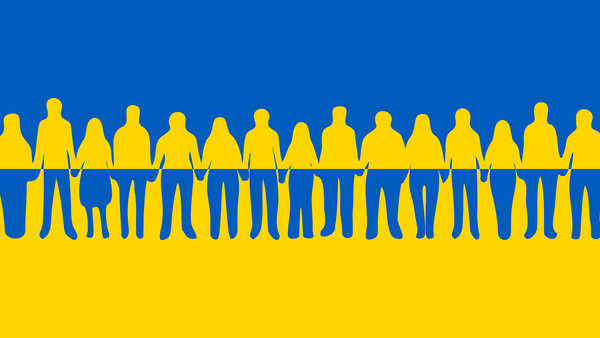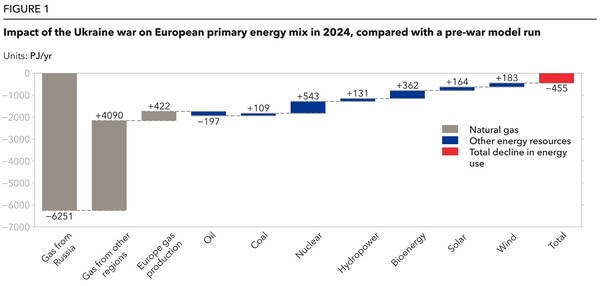News Release from windfair.net
Wind Industry Profile of
Europe's energy transition at stake
UN Secretary-General António Guterres criticized the behavior of governments and businesses alike after the publication of the latest IPCC report, saying, "The latest IPCC report is a litany of broken climate promises. Some government & business leaders are saying one thing, but doing another. They are lying," he said on Twitter. And in a video message released later, he also spoke of a "disgrace" in light of the actions taken so far.
Climate activist Greta Thunberg pointed out on Twitter that when reading the report, it is important to keep in mind "that science is cautious and this has been watered down by nations in negotiations. Many seem more focused on giving false hope to those causing the problem rather than telling the blunt truth that would give us a chance to act."
Indeed, the latest report from the Intergovernmental Panel on Climate Change is once again a powerful call to the global community that collective action is urgently needed to ensure the planet's survival: "In the scenarios we assessed, limiting warming to around 1.5°C (2.7°F) requires global greenhouse gas emissions to peak before 2025 at the latest, and be reduced by 43% by 2030; at the same time, methane would also need to be reduced by about a third. Even if we do this, it is almost inevitable that we will temporarily exceed this temperature threshold but could return to below it by the end of the century." "It’s now or never, if we want to limit global warming to 1.5°C (2.7°F)," clarifies IPCC Working Group III Co-Chair Jim Skea. "Without immediate and deep emissions reductions across all sectors, it will be impossible."

The war on Ukraine reveals Russia's conflict with the rest of the (Western) world (Image: Pixabay)
The world alone is busy with other things at the moment - as it often is. The war in Ukraine is keeping the European states in particular on tenterhooks, as the previous energy supply and security - and thus nothing less than the European energy transition - is at stake. The heavy dependence of many countries on Russian raw materials such as oil, coal and gas makes it frighteningly clear that not enough has been done in recent years to consistently drive forward the European energy transition. Too often, our own prosperity and convenience stood in the way of tough decisions.
Yet the solution to this problem is obvious: "How many more times must we be reminded about the urgency of aggressively ramping up the deployment of clean energy? We already have carbon free energy sources that are affordable, reliable, and enhance resilience," emphasized Heather Zichal, CEO of the American Clean Power Association (ACP), in this regard.
A recent DNV report illustrates how crucial the coming weeks and months will be. Here, it depends above all on how long the war will last, because there is still even the possibility of triggering a slight acceleration of the European energy transition through quick action. "
"We emphasize that there are significant uncertainties in our forecast. These relate primarily to the duration and outcome of the war itself, and the strength duration of the policy measures enforced by the European nations to improve energy security and sustainability," the report says.

Overall energy consumption could even slightly fall as a result of the war, but there are many uncertainties in the projections (Image: DNV)
Much will depend on what policies look like in individual European countries. Will Germany, which is highly dependent on Russian gas, agree to an embargo after all? An extension of nuclear power plant lifetimes is already off the table here, unlike in Belgium, which wants to keep some of its old reactors running longer.
On Wednesday this week a new package was passed in Germany to decisively accelerate the expansion of wind power. But how quickly the construction of wind farms will actually progress remains to be seen in practice.
In the last few days, Germany though has already set a good pace in making itself independent of Russian gas: On Wednesday Economics Minister Robert Habeck announced that instead of the previous 55 percent, only 40 percent of the gas used in Germany still comes from Russia.
It remains to be hoped that, in addition to a rapid end to the war, politicians will maintain the decisiveness they are currently displaying and then actually act accordingly.
- Author:
- Katrin Radtke
- Email:
- press@windfair.net
- Keywords:
- Europe, energy transition, Germany, DNV, report, IPCC; climate change, speed, oil, gas, embargo, Ukraine, war, Russia, dependence, wind power, politics

























